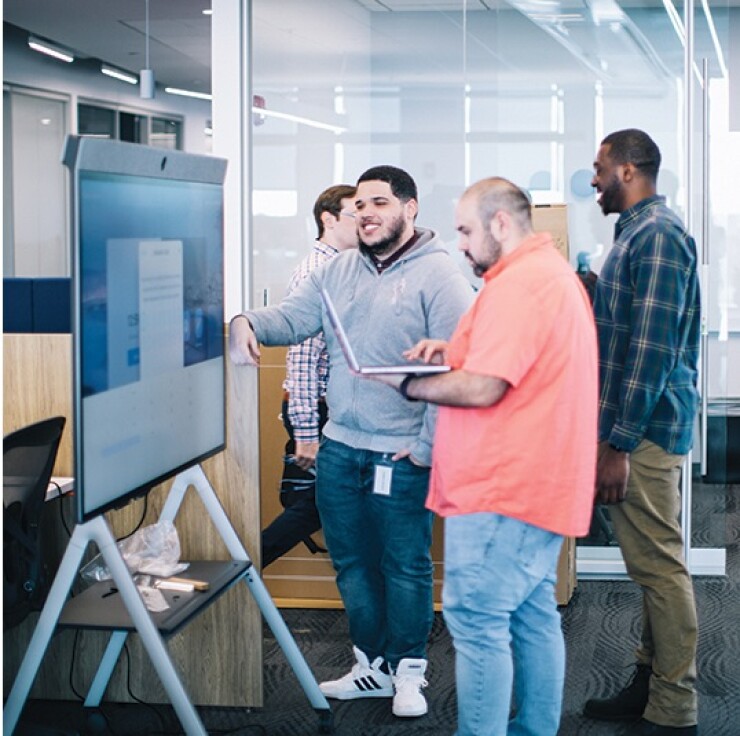Drivers insured by 21 of the top 25 U.S. auto insurance companies will be saving lives and saving money through new services from a leading

DriveWell Crash & Claims uses telematics technology to detect crashes and take action well before an insurer receives a first notice of loss. "A driver in Tennessee had a heart attack and crashed into a tree, went unconscious," Fiorentino says. "The paramedics found him face down in a ditch next to the road. They were able to revive him and medivac him out to the closest hospital. The technology basically saved his life."
Aside from a lifesaving response, DriveWell Crash & Claims provides data for insurance adjusters to work with. "A crash itself changes your position as an insurer from waiting for the phone call to knowing when the crash happened and reaching out to the customer," Fiorentino says. "Then getting all the data from the scene knowing the speed of impact, location, weather and the time of the crash. It creates a ton of efficiencies on the back end for the adjusters and agents. The average handling time goes down significantly."
The data that this service provides is also used to educate drivers on their habits,
Reducing speeding feeds into another new CMT service, FuelStar, a free app that shows drivers how to drive more efficiently by adjusting their driving behavior in similar fashion. "FuelStar measures your fuel efficiency and tells you if you're overpaying or underpaying for gas," said Fiorentino, adding that speeding typically lowers fuel efficiency. "If you're supposed to get 35 miles a gallon and you're speeding a lot and only getting 20 miles a gallon, it will turn that into dollars and cents for you to understand exactly how much you're paying or overpaying and will coach you to drive more efficiently."
The third program, Hard Brake Alerts, takes previous technology that made warning noises for drivers braking too hard, too quickly, and transfers it into an app, either independently or with the driver's insurer. CMT's testing found that drivers' hard braking decreased by 14% when using the new service, because, like FuelStar, it makes drivers aware of their habits, according to Fiorentino. "Back that into loss costs, and it's three to four points off a loss cost," he said. "Depending on the book of business, that's significant savings."
Overall, CMT's three new telematics services promote engagement with insureds, Fiorentino says. "That engagement is turning into safer driving behaviors," he adds. "The whole mission of CMT is to make the world's roads and drivers safer. When you see this kind of engagement and you're actually making drivers safer, there are going to be fewer crashes and fewer claims costs for the insurers to take care of. Then the roads are going to be safer, which is a win-win for everyone."






